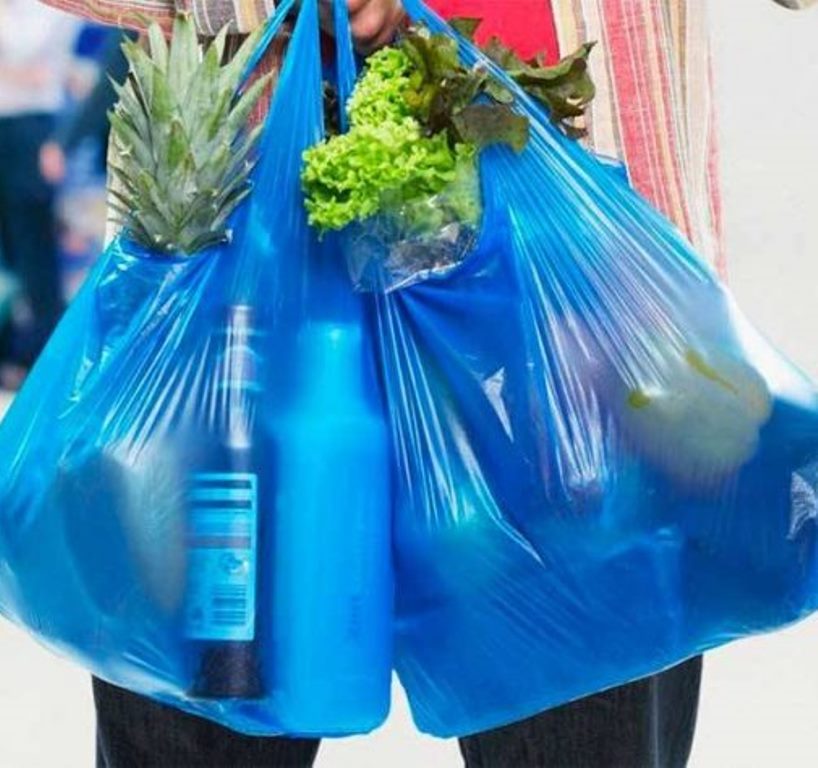THE government on June 1, 2019 banned the production, supply, sale and use of plastic carrier bags in the country.
There are also notices in conspicuous places to warn visitors coming to Tanzania against the use of such products.
At the beginning the response was positive and we were sure that the campaign, which involved the use of text messages to remind Tanzanians of the deadline, had been successful.
Yet, according to ‘africa-press, there are some unscrupulous traders who still produce, supply and sell the banned products and, of course, there are still customers as well who either out of ignorance, negligence or stubbornness seem to have not complied with the ban.
This was discussed on Thursday when the National Environmental Management Council (NEMC) held a meeting with the manufacturers and distributors of paper bags – a substitute to the banned plastic bags.
The meeting was presided at by Minister of State in the Vice President’s Office (Union and Environment) Azzan Zungu, who in his speech warned the manufacturers of packaging bags that a fresh crackdown on plastic bags was underway and the culprits were going to be dealt with accordingly.
He also warned the producers of low quality paper bags that they too were going to be dealt with in accordance with the law.
We are surprised at this and we think we have to understand the effects of environmental pollution on human health, the fauna and flora and the environment in general.
The prohibition on the production, supply, sale and use of plastic carrier bags is a global campaign.
As it is said that ‘think globally and act locally’, the ban on plastic bags is our response at local level and as a country and nation to the global campaign and as our leaders have said time and again there is no turning back for this campaign.
According to the Environment Management Regulations, 2019, “All plastic carrier bags, regardless of their thickness are prohibited from being imported, exported, manufactured, sold, stored, supplied and used in Mainland Tanzania.”
The Regulations further stipulate that “no person shall sell or offer for sale beverages or other commodities wrapped in plastics unless the nature of such commodities require wrappings by plastics.”
So, let’s take care lest we fall into trouble for not complying.
As the minister made it clear, manufacturing or importation of prohibited plastic bags attracts a fine of not less than 20m/-, but not exceeding 1bn/- or to imprisonment for a term not exceeding two years or to both.
There is nothing we can lose to protect our environment, yet we risk too much if we don’t. So, why shouldn’t we comply with the ban which is for our own good?





